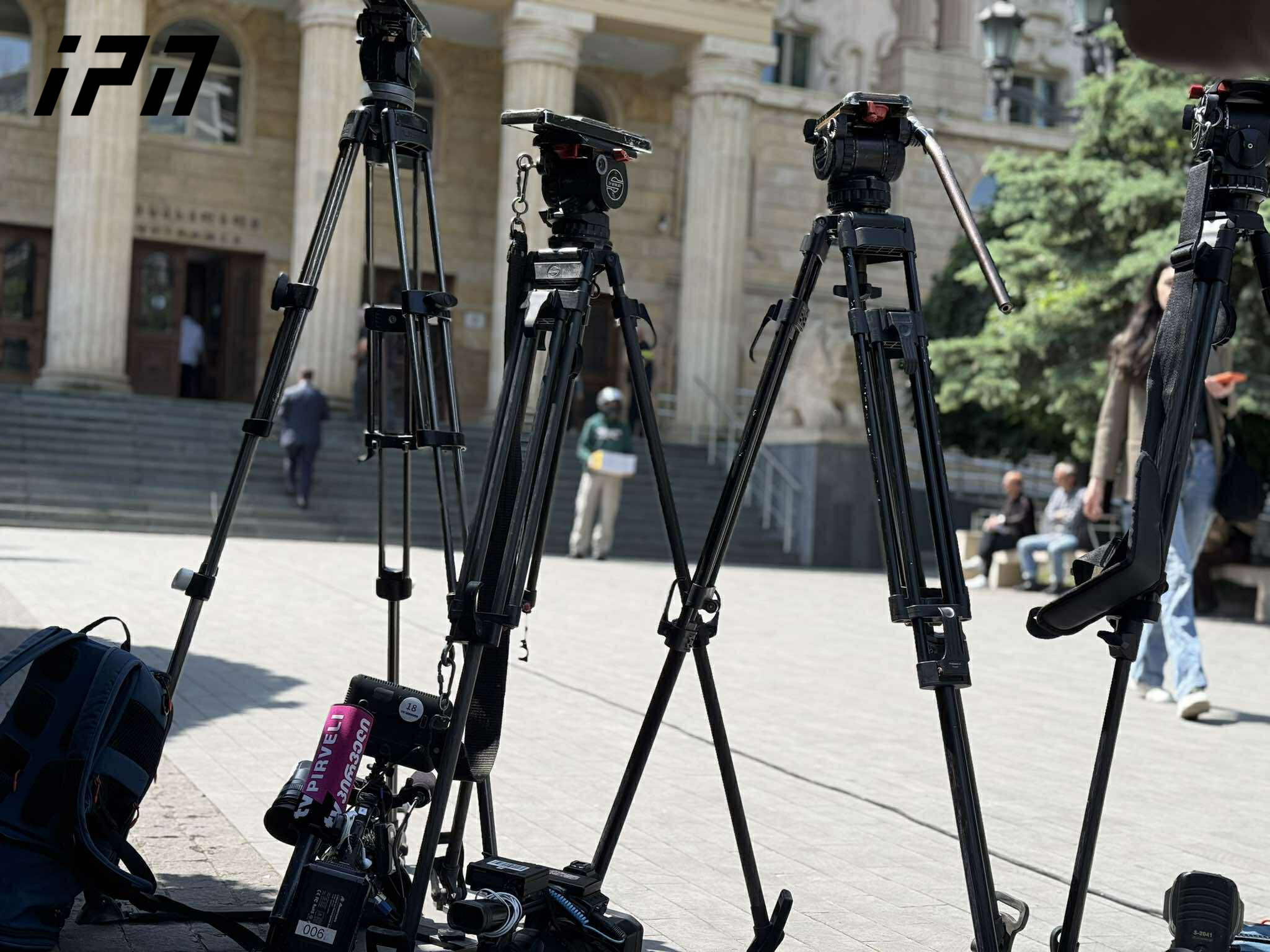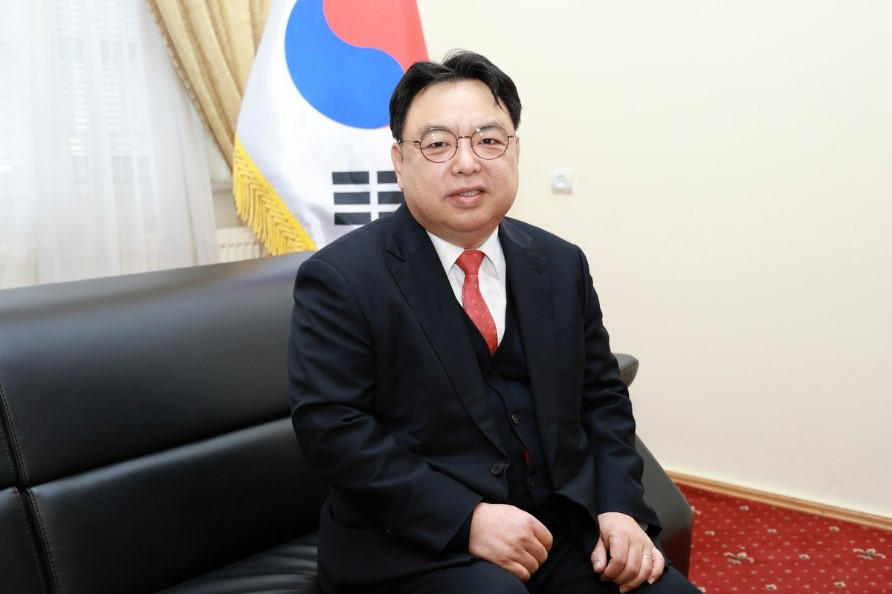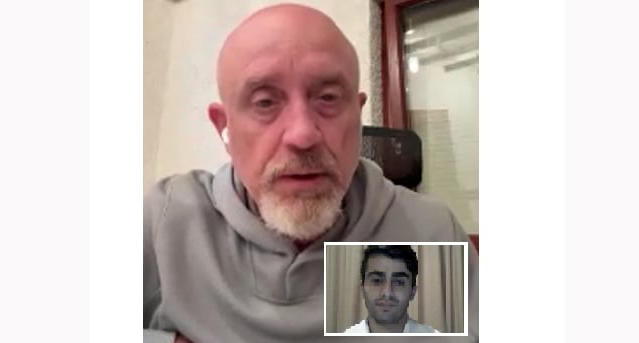According to amendments, only High Council of Justice shall make a decision regarding photo and video recording during a court session

According to the amendments, only the High Council of Justice shall make a decision regarding the photo and video recording of a court session. In this regard, the initial version of the amendments to the Law on Common Courts, according to which video and audio recording of a court session would be allowed with a motivated decision made by the judge, has been corrected.
In addition, according to Archil Gorduladze, one of the authors and initiators of the draft law, Chairman of the Legal Issues Committee, the court will have the opportunity to disseminate the relevant footage.
"The media - the main goal of politically controlled and politicized media representatives is to interfere in the activities of the court and not only that. Everyone is trying to put on a show and to hamper court sessions. The main thing for which the court exists is for justice to be administered and for people to have the opportunity to freely protect their rights based on the principle of adversarial proceedings, for the court to make a decision and work in a peaceful environment.
To ensure this, amendments have been submitted that state that it is not allowed to take photos/videos during the trial, and such permission is possible if the High Council of Justice makes a decision regarding each specific case. As for public awareness, of course, it is important. The court will have the opportunity to distribute the relevant footage itself, and if the media wants to record interviews with specific parties - it is possible anywhere, and the courtroom cannot and should not be a place to put on a show," Gorduladze said.
Gorduladze noted that the High Council of Justice has a constitutional obligation to make a relevant decision regarding the organization of the court.
“The decision-making by the High Council of Justice cannot in any way be an interference in the activities of the court,” said Archil Gorduladze.
For information, according to the version initially proposed in the parliament regarding the amendments to the Law on Common Courts, video and audio recording of a court session would have been allowed only upon a substantiated petition, with a motivated decision made by the judge.
In addition, according to the draft law, the court may distribute photo, film and video recording materials of the court proceedings, if this does not contradict the law.

